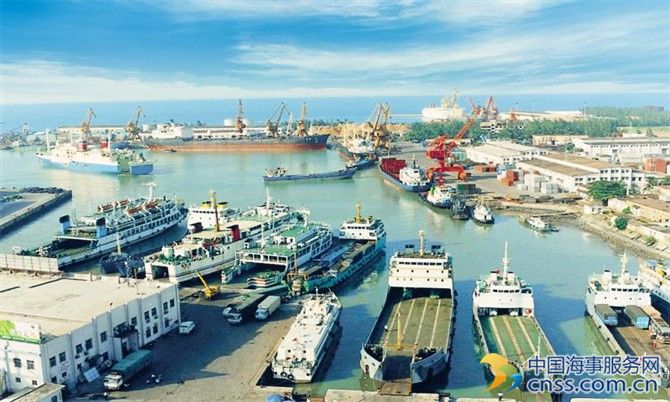China to scrap fuel export quotas for ‘teapot’ refineries: sources

Beijing will not issue fuel export quotas for independent refineries next year, dealing a blow to the upstart group of companies and scrapping a key component of a scheme that has transformed China’s oil markets, three sources said.
The surprise move ends a policy launched at the start of this year that allowed some privately run refineries – known as ‘teapots’ – to sell their diesel, gasoline and naphtha abroad, just a few months after Beijing first allowed them to import crude oil.
Ending the scheme will hand control of the lucrative export business back to China’s big four state-run oil majors, but it was not immediately clear whether this will affect the country’s burgeoning refined products exports.
Record Chinese fuel exports, which totaled 30 million tonnes of gasoline, diesel, jet fuel and naphtha combined in the first 10 months of the year, have contributed to a glut in Asia which weighed on refining margins, although teapots accounted for roughly three percent of the total.
The move means quotas held by 11 firms for around 1.5 million tonnes of fuel exports will expire this month, and no new quotas will be issued for 2017, three sources familiar with the government plan said.
The Ministry of Commerce told managers at state firms of the plan at a meeting on Dec. 2, according to two sources directly briefed.
The ministry did not immediately respond to a request for comment.
Zhang Liucheng, vice president of Shandong Dongming Petrochemical Group, China’s largest teapot and one of the sector’s largest fuel exporters, said the government had not yet made a formal policy statement.
“We’re hoping to see a fair policy that applies to both state-run and private players,” Zhang said, adding that teapots were still lobbying the government.
Zhang said his company may divert cargoes domestically in the absence of quotas.
The move may temper the rise of teapots, which contributed over 90 percent of China’s 2016 import growth at 925,000 bpd, or 12 percent of China’s total crude oil imports.
“With the majors back in control of all fuel exports, teapots will lose their bargaining chips in domestic fuel marketing, which could in turn hit their plant operations,” said a Beijing-based trader with an independent firm.
The new players have snared a slice of the domestic market by selling fuel at discounts to state-run giants Sinopec and PetroChina, forcing them to cut output and ship excess product into a saturated global market.
However, China’s total refinery output is still set to rise next year as state refiners bring online new processing facilities and more teapots win crude import quotas.
“I don’t think (the policy uncertainty) will affect total exports materially,” said Nevyn Nah, analyst at Energy Aspects.
The reversal of the policy was partly driven by concerns about a loss of tax revenues as teapots looked to export more refined fuel.
Both consumption tax and value-added tax are currently waived for fuel exports, but the government has been pushing majors to adopt a scheme where refiners first pay value-added tax and then receive a rebate after exports have been fulfilled.
Source: Reuters (Reporting by Chen Aizhu in BEIJING and Jessica Jaganathan in SINGAPORE; Editing by Richard Pullin)
HEADLINES
- Do shipping markets want Biden or Trump for the win?
- All 18 crew safe after fire on Japanese-owned tanker off Singapore
- Singapore launching $44m co-investment initiative for maritime tech start-ups
- Cosco debuts Global Shipping Industry Chain Cooperation Initiative
- US warns of more shipping sanctions
- China continues seaport consolidation as Dalian offer goes unconditional